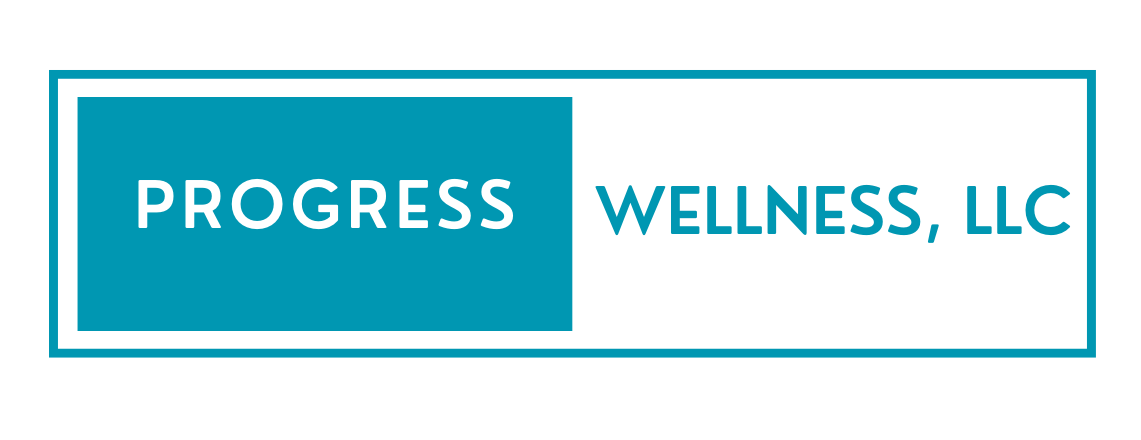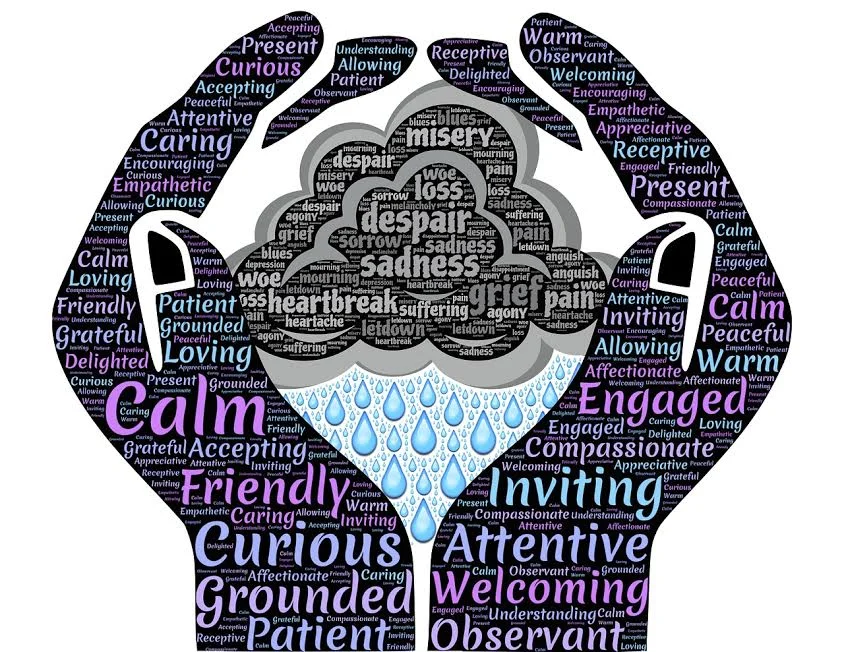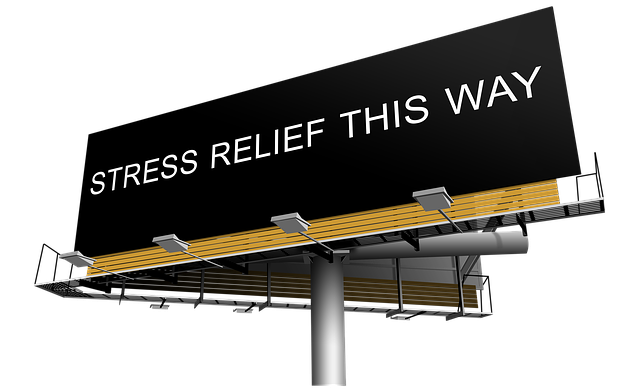Recently, several people have shared with me that they feel they aren’t getting the same enjoyment out of things as they used to. Every day feels the same; even talking to friends has felt boring because nothing new is happening.
The pandemic-fueled isolation that once felt like strong anxiety and stress is now growing into a sense of sadness and depression.
Sadness and depression can make us feel weighed down (emotionally and physically).
We might feel like we have to move mountains to do basic chores, doing things we typically enjoyed may no longer give us the same satisfaction, and sleep and appetite can suffer too.
I wanted to share one skill I often recommend to those feeling stuck in challenging emotions. It’s a method that can be done in small steps with the goal of getting you to a better-feeling place.
It’s called Opposite Action.
Opposite action means that you engage in doing the exact opposite of what your mood is telling you to do.
If depression is telling you: “Stay inside! It’s too much effort to go out for a walk or see anyone safely” or sadness is telling you: “Why shower? You aren’t going out anyway, so who cares?” and you listen to them, the more sad and depressed you will feel overall.
It often feels easiest to listen to these thoughts, and we convince ourselves that we’re just avoiding stress and anxiety. But the more you listen to that sad and depressed voice, the more that negative mood grows.
So how do you begin practicing the opposite action skill?
Opposite action is about doing small things that help move you in the opposite direction from your negative mood. So first, you can make a list of all the things you could do instead of taking the action (or inaction) that voice is suggesting. And then try to do at least one of those things on the list.
For example, if you know getting outside might help your mood, think about each step you need to take to get out the door. Your list might include: Get up. Put on socks, shoes, and a jacket. Get a mask, keys, and wallet. And finally: Open the door and step outside. When you see this action in steps, it can become less overwhelming. One small (and very conquerable) step leads to another.
Instead of feeling depressed and isolated, you can feel a little less depressed and be outside around others. Though it may not change your mood immediately, continually taking these opposite actions will help you feel less depressed over time.
Opposite action allows you to take care of what you really need instead of listening to that negative mood. When you tend to yourself while still feeling sad, you start gaining control over how you feel. And, ultimately, you will start to feel better. One step at a time.
I hope you find this helpful!
As always, I am sending good energy your way.





